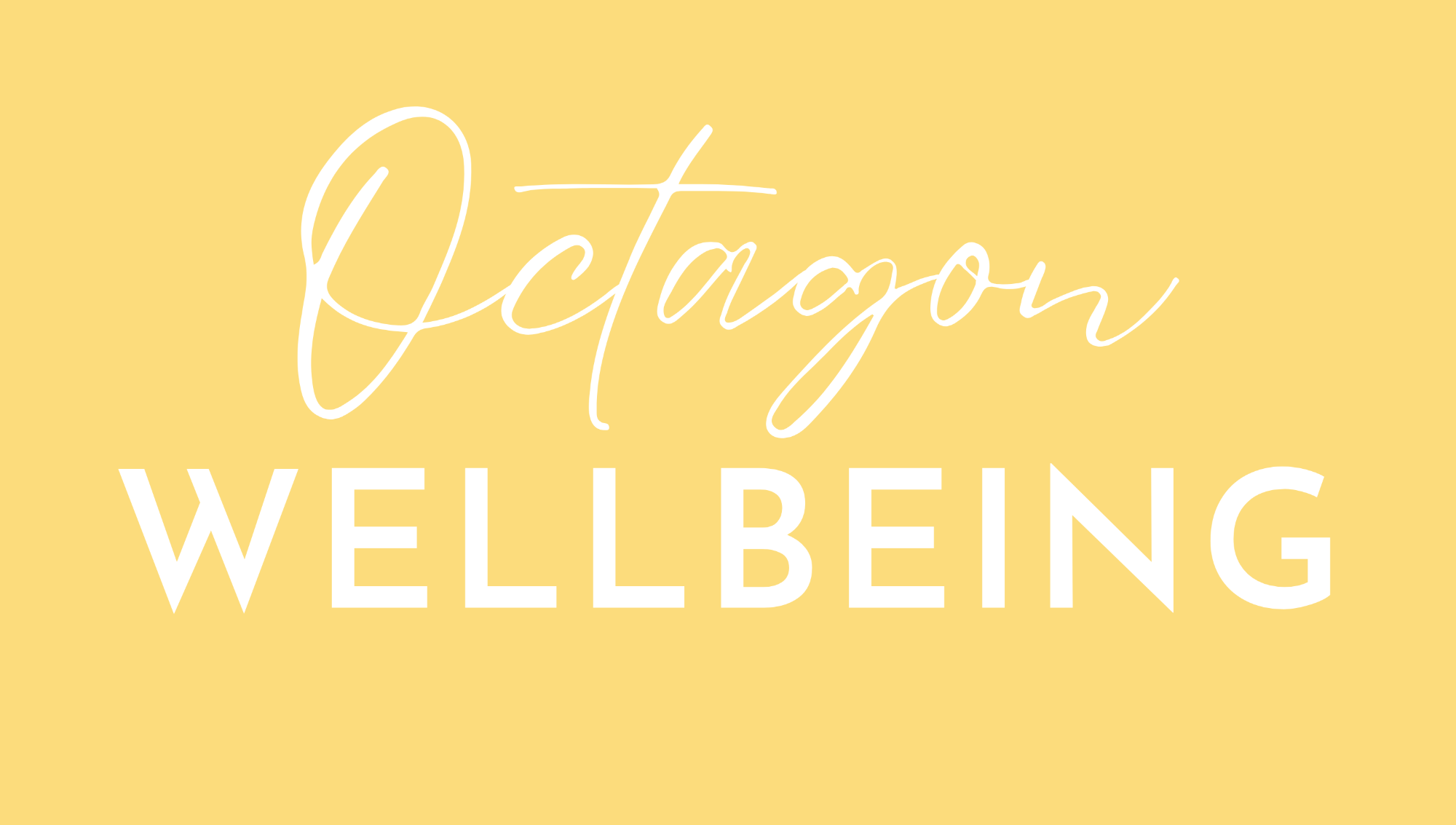What to expect in your first therapy session?
Posted on
What to expect in your first therapy session?
Therapy can be a daunting and overwhelming experience, especially if you’ve never been before. It’s natural to feel nervous about opening up to a stranger and discussing your most personal thoughts and feelings. But fear not! Your first therapy session is all about getting to know each other, setting goals, and establishing a plan for your therapeutic journey. In this blog post, I've outlined what you can expect in your first therapy session so that you can go in feeling prepared and confident.
What will happen in the first session?
During your first therapy session, you can expect to spend most of the time getting to know each other and this is why a first therapy session is often a little longer than subsequent sessions. I’ll ask you some questions about yourself, what brings you to therapy, and what goals you hope to achieve through treatment. It might be useful for you to talk about any relevant personal history and background. This information will help me get a better understanding of who you are as a person, your priorities, life challenges which can enable me to best support you on your journey. This is also a great time for you to share any concerns or apprehensions you have with the process, I can answer any questions which may put your mind at ease and I can look at ways to accommodate any concerns so you feel as comfortable as possible. This isn’t just appropriate in the first session but in any sessions going forward, therapy is a collaborative two-way process so if you have any questions at any time please ask! During this first session I’ll give you lots of information about my approach towards treatment and provide some insight into what future sessions might look like. One of the most important things about this first session is that we’ll look at creating an achievable goal for therapy so that we’re both working on the same page, in the same direction and I can guide our sessions most effectively for you. With the cognitive behavioural hypnotherapy approachwe’ll also aim to fit in time to try some hypnotherapy too if you’re comfortable with this. If not, that’sabsolutely fine as everything I offer to clients can also be done without the use of hypnosis and at your own pace.
What will therapy be like overall?
Therapy can vary greatly from person to person. Some people may find it challenging and emotional, while others may feel relieved and empowered by the experience and many people may experience all of those feelings at different stages. With the cognitive behavioural hypnotherapy technique we will particularly look at helping you identify your thoughts, feelings, and behaviors that are causing distress in your life. We will work to develop coping mechanisms for managing these challenges and guide you towards achieving your goals so there will be lots of opportunities for learning and self-reflection along the way.

